water distillation unit
Manufactured in the U.K., the QWS4 combines performance and reliability with exceptional value for money. This new water still incorporates a number of operational and safety features that make this still the ideal choice for your laboratory. • Output capacity 4Litres/Hour pyrogen free* single distilled water • Distillate quality complies with European Pharmacopoeia for Purified Water & A.S.T.M. Type 4. • Pyrex® glass boiler and condenser minimise potential contamination of distillate from the leaching effect of distilled water on metal components • Distillate pH5.0-6.5 • Distillate conductivity 3.0-5.0uS/cm • 3kW chromium plated heating element with 2 independent re-settable thermostats protect the still in the event of water supply failure • Easy to clean. No glassware dismantling is required • Available in 230V, 220V and 120V versions. Output capacity of 120V model is around 2.4Litres/Hour • Can wall or bench mounted • CE marked by independent testing agency • Supplied with an instruction/operating manual • All of the major components are available as spare parts *We recommend that the distillate is tested before use

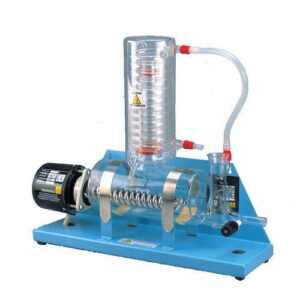
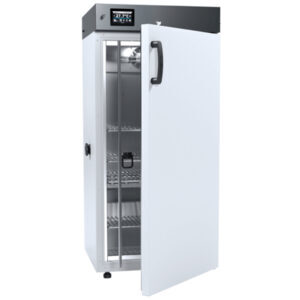
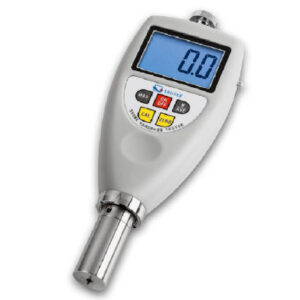
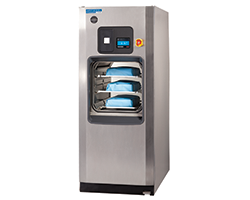
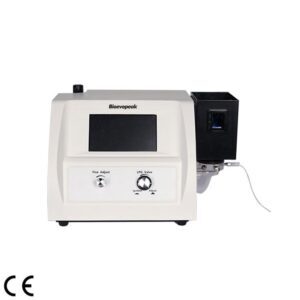
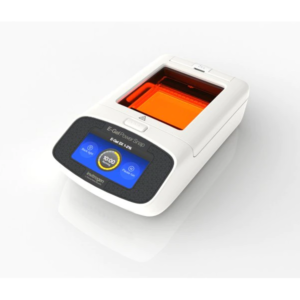
There are no reviews yet.